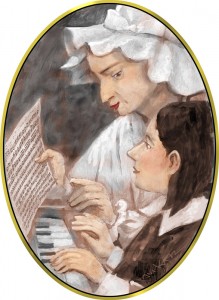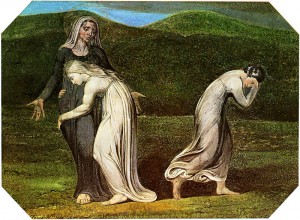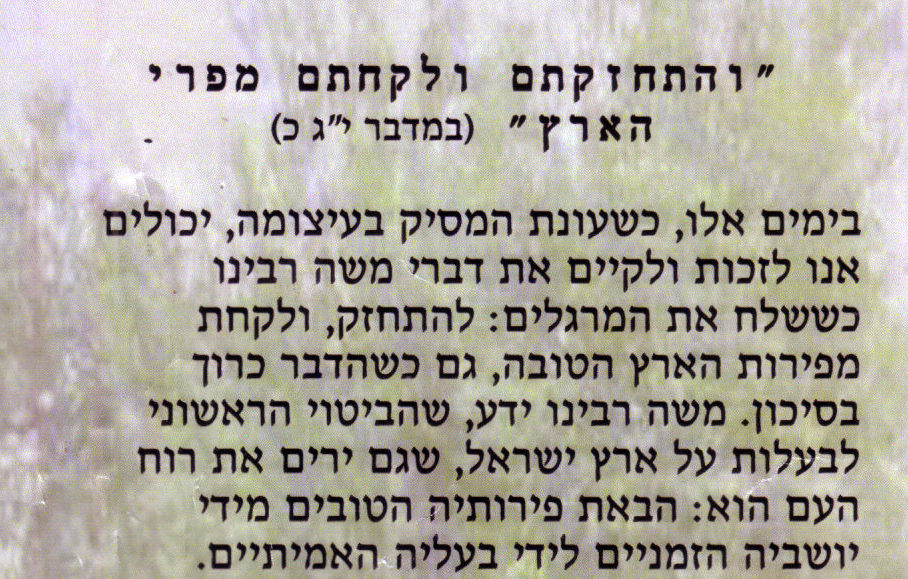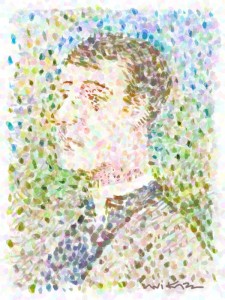Blogs, as this blogger knows painfully well, are intrinsically built for short attention spans. So how do you make a blog enjoyably intellectual, something that usually requires remaining focused for hours at a time?
The trick at The Page 99 Test is based on a maxim by Ford Maddox Ford, “Open the book to page ninety-nine and read, and the quality of the whole will be revealed to you.” The blog does not follow that principle to an extreme. It allows authors to give a paragraph or three of context before presenting page 99 of their books – which makes reading the blog much more helpful than just opening a serious work to the middle while standing in a shop. (Remember shops? You can still buy books printed on paper there.)
So in a recent post, before bringing page 99 of his new book, Divine Teaching and the Way of the World: A Defense of Revealed Religion, philosopher Sam Fleischacker explains that he’s dealing with how someone can be reasonable, rational and still affirm that “that one or more of the books long held to be sacred” really can teach you something:









